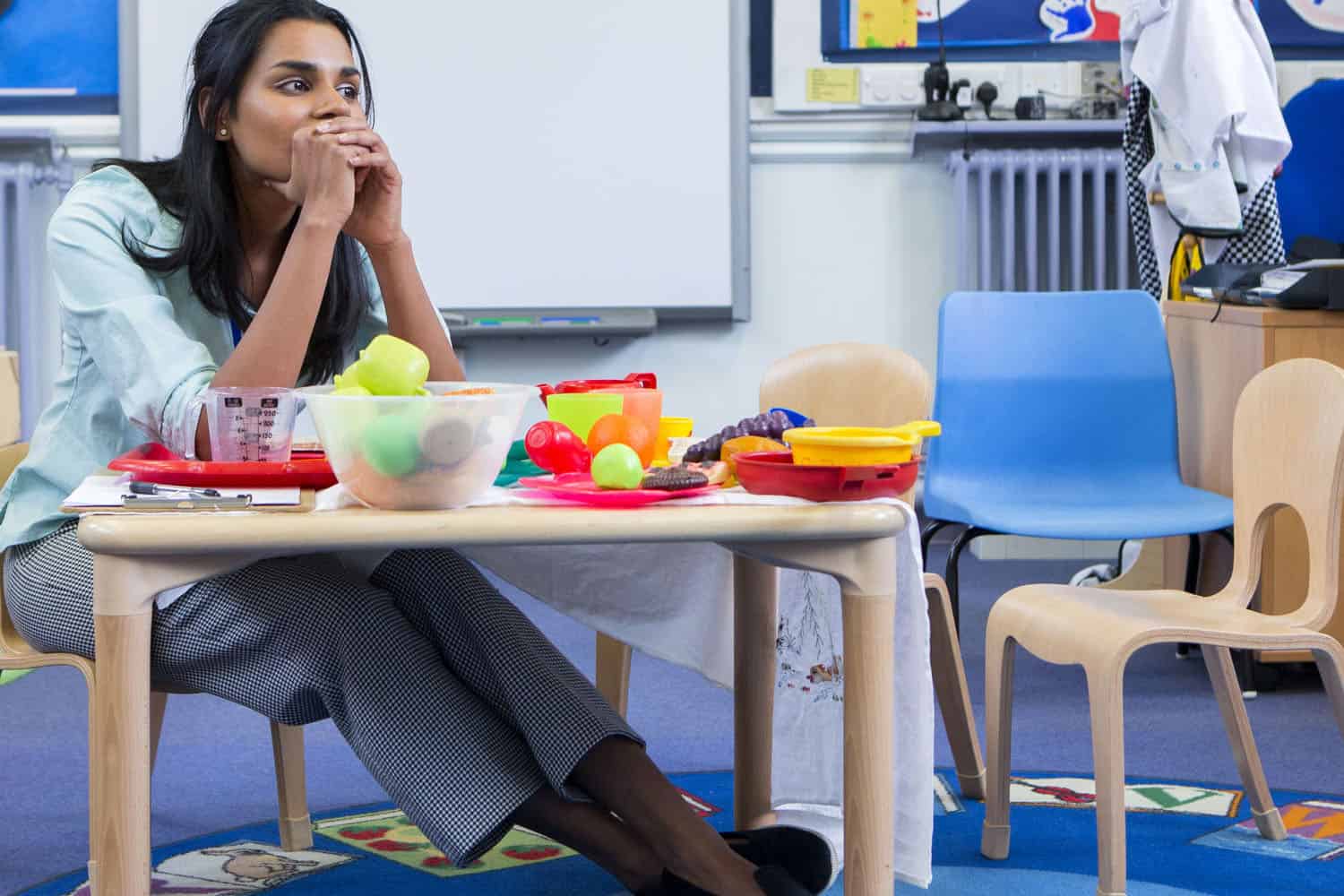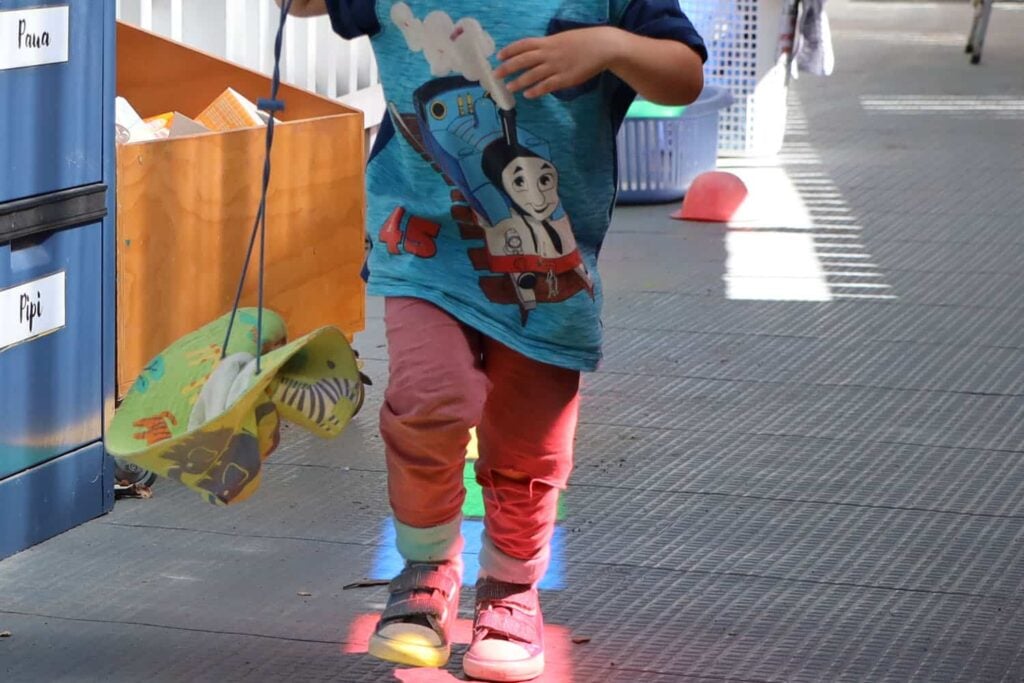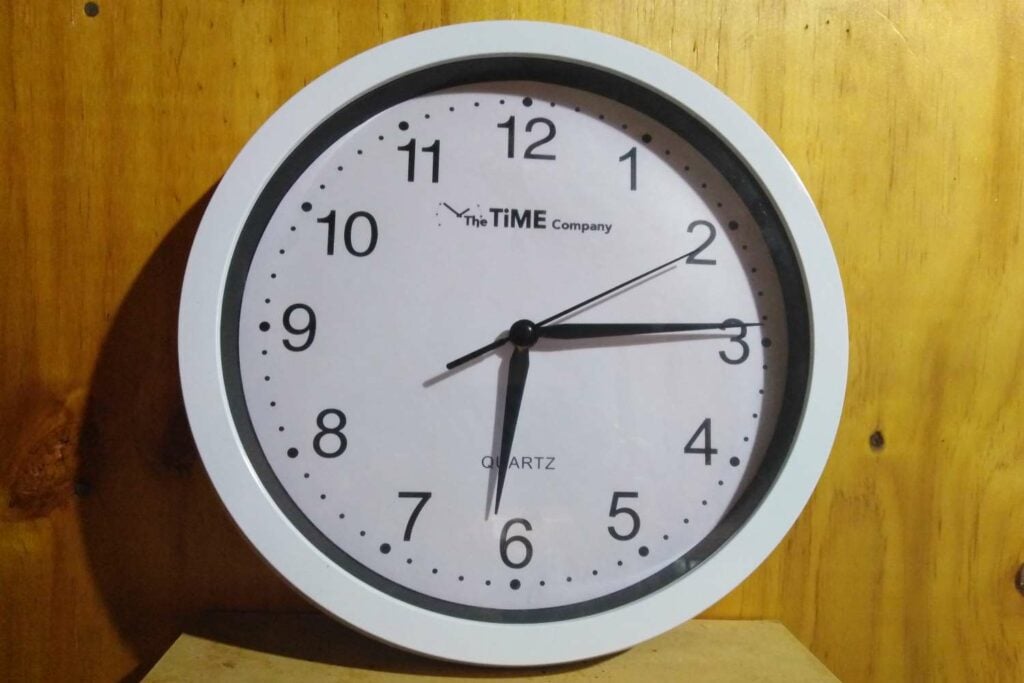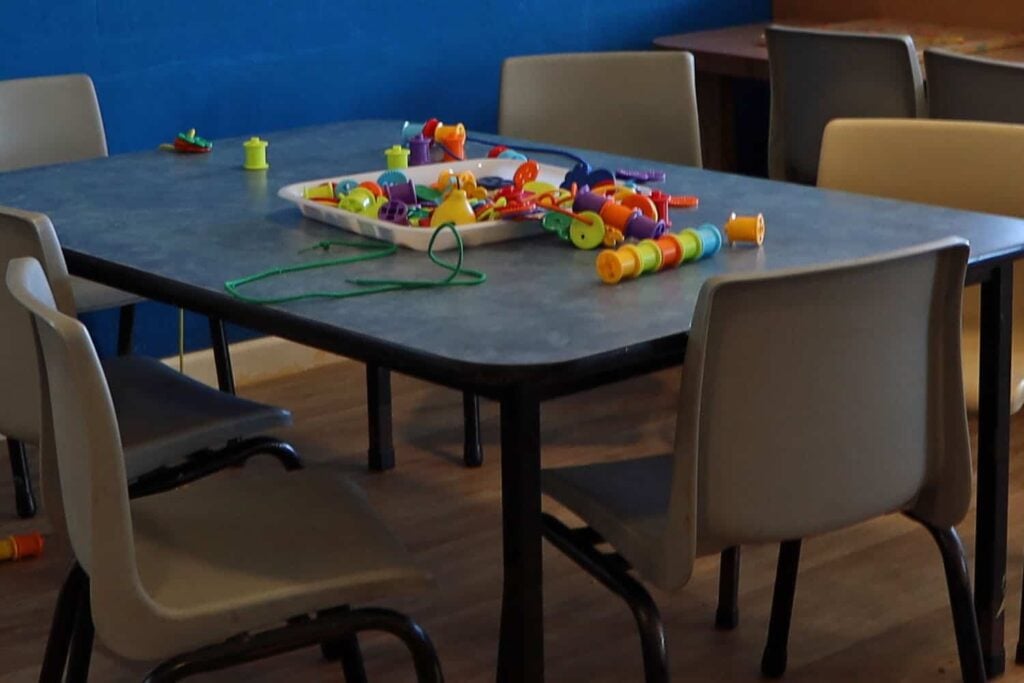Rachel Pratt
March 7, 2023.
OPINION: Being an early childhood teacher is a rewarding role but comes with its many workplace stressors. Higher group sizes, longer hours, and low pay rates are amongst many of the challenges which put pressure on those who work in centres.
Covid-19 has brought with that another level of stress to ECE, and the profession has felt the strain. One only has to browse through the various ECE websites and social media pages to see the amount of stress and burnout teachers are experiencing.
With a staffing shortage before the Covid-19 pandemic, increased levels of sickness since the easing of restrictions have made it even harder for teachers.
Sick leave balances are rapidly depleted for many, causing people to work when they are unwell. For those who are fortunate enough to stay well, the pressures of reliever shortages result in anxiety and stress around maintaining minimum ratios, as well as added pressure for teachers when relievers are unable to be sourced.
All of this has a flow-on effect, and all of the burden is placed on us.
The Government’s Covid-19 leave support scheme offers a flat rate of $600 for full-time workers who were working 20 hours or more a week when they contracted Covid-19. This means that many people will have a significant drop in income for the week that they are isolating, unless their employer tops up the payment. With the current cost of living skyrocketing, this is an additional strain on an already stressed teacher. Not to mention their colleagues who may be ineligible for the necessary cover.
Operators of services are facing their own challenges in a competitive environment. With staffing, they are encountering situations which are out of their realm of expertise or exceed the number of situations they are accustomed to. They are not provided with training on building healthy workplaces for employees to be in. Free phone or in-person one-on-one counselling sessions for service operators, managers, and leaders are not offered by the Ministry of Education.
So what is being done about it?
The key message to employees broadcasted across the sector is to, “Look after yourself”.
The Ministry of Education contracted a private corporation EAP Services whose tagline is: “we work to minimise your employee relations problems“, to provide a programme named “Goldstar” to education workers, which is online and consists of webinars, e-learning modules, and readings.
The Teaching Council of Aotearoa New Zealand dedicates a section of its website to teacher well-being which features case studies, online toolkits, reports and apps.
These ventures provide a level of self-guided support for kaiako and teachers. But are these strategies merely a band-aid or ambulance at the bottom of the cliff? Don’t we need to get to the root of the problem and address the issues that are causing the problems we are experiencing?
The root of the problem
It’s easy to blame Covid-19 for all the problems ECE is experiencing but are we forgetting how we got to this point? (See the 2022 Confidence Survey findings).
Prior to the Covid-19 pandemic we were seeing teacher dissatisfaction with pay, working conditions and quality such as ratios and not having time to get to know all the individual children in their care well. Teachers reported leaving the profession for higher paying roles with better working conditions. Given that this was prior to the stresses of the pandemic, relievers were of premium and when the pandemic hit and services lost staff who refused the vaccination mandate, this put the sector under even more staffing pressure.
Also, while we have achieved some level of voluntary pay parity up to Step 6 within the sector, in many services qualified and certificated teachers continue to be paid at a much lower level than teachers in other education sectors. As the cost-of-living soars, many teachers struggle to make enough for an independent income and are forced to change profession to ensure that their basic needs are met. Again, leading to attrition in our ECE workforce.
Along with losing teachers, high turn-over of staff and increased need for relievers, we are seeing many children presenting with a range of needs that require additional support, whether this is due to the current pandemic situation, or other reasons.
Support for children with high needs is hard to come by and this falls on the teachers to manage. With stress levels already high, teachers express being at breaking point, and are either unable to provide children with the additional support they require or are spending the majority of their time ‘managing’ these children, unable to work with other children.
Where to from here?
More recently, there seems to have been a shift in attitudes towards Covid-19 in our communities, with it being treated more like the flu, and with life returning to a certain degree of normality. This does not mean that the effects of Covid-19 will not continue to be felt by teachers in our sector for some time.
Last year brought an influx of illnesses to ECE services, other than Covid-19, and with lower childhood immunisation rates for a range of vaccine-preventable diseases, there is the potential for outbreaks of other diseases and illnesses in our services. This suggests that we will continue to experience higher numbers of illness both in children and in teachers.
We also need to question how children who have effectively spent the majority of their lives during the Covid-19 pandemic have been affected by it. There has been some discussion amongst teachers about a “Covid Generation” of children and a noticeable increase in attachment difficulties and a lower level of social competency amongst older preschool children.
Facilitating partnership and strong relationships with whānau is a consideration that must be made. Contactless pick-ups and drop-offs have reduced the amount of interaction that families have with the service and if services continue to operate with limited relationships with whānau, we must question the quality of the child’s ECE experience.
It is important that the government recognises that systemic change is needed so teachers are valued and supported, and the early childhood sector becomes a sector that people want to work in and stay in to minimise the number of teachers leaving the profession and enhance the overall quality of the Early Childhood Education experience of children in Aotearoa New Zealand.
Reply or add a comment
Login to contribute to the discussion.
Get your member login
Pamela replies: Kia ora, I think your article snapshots the situation completely. It is very draining and at times overwhelming to be the face of all of that – with a smile please. ECE teachers are resilient, capable, multi-faceted and high functioning, with skills that demand so much from you every single day and in new ways each day…. but we are people too….and I think it’s a long known and spoken about scenario …. that really ISN’T solved in talk talk talk. We are not trained speech language or early intervention specialists … we are not nurses or doctors we are Educators. And we are leaving in droves. I have worked in this sector for over 30 years, and this is about the worst I have seen it. Workplace wellbeing in ECE (yes, it is a workplace) is well in need of a complete overhaul …. we don’t need another online zoom, another PLD meet up to talk about it…. we need more support than ever before. Before it’s too late.
Susanah replies: Yes. Very informative. Just another viewpoint as an ECE teacher the staff child ratio’s need to be addressed especially with under 2s, 1-5 not realistic at all. And most ECE registered teachers I know are now relieving as they are being paid more money and have less stress and responsibilities. Very sad for the profession.









